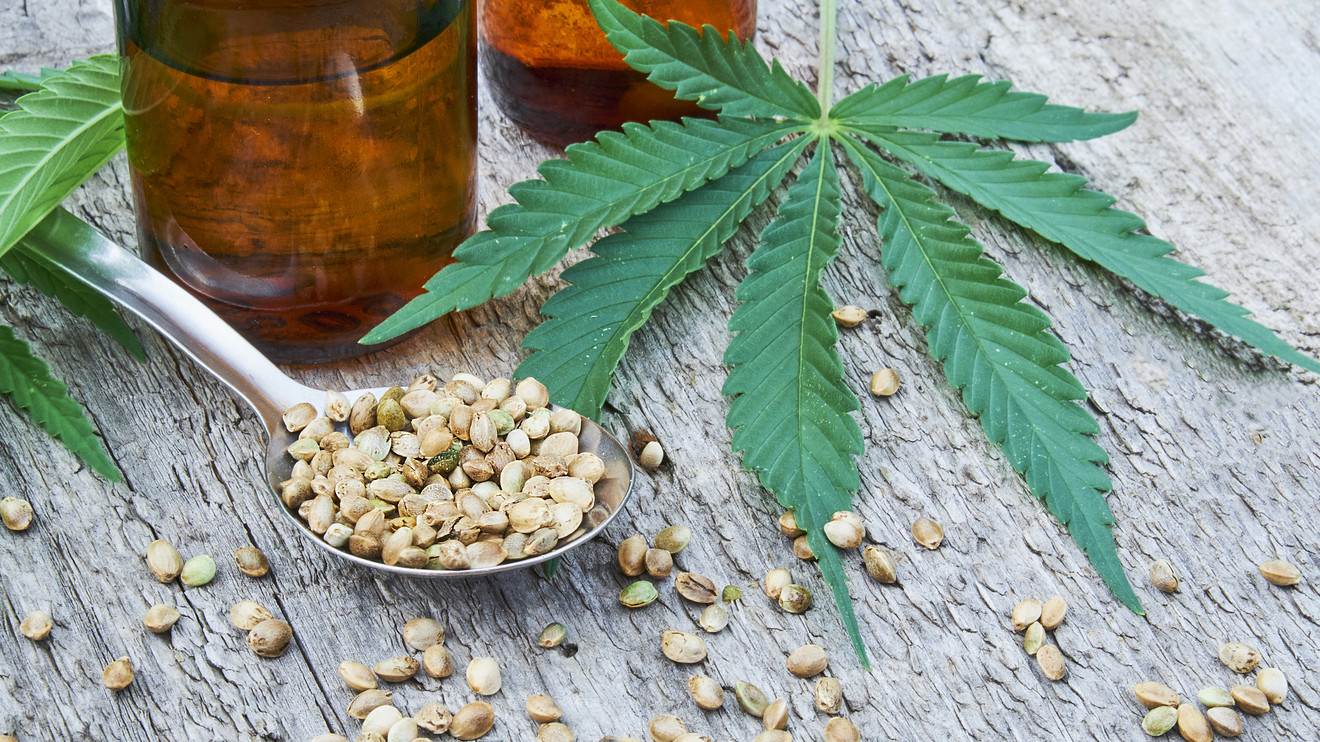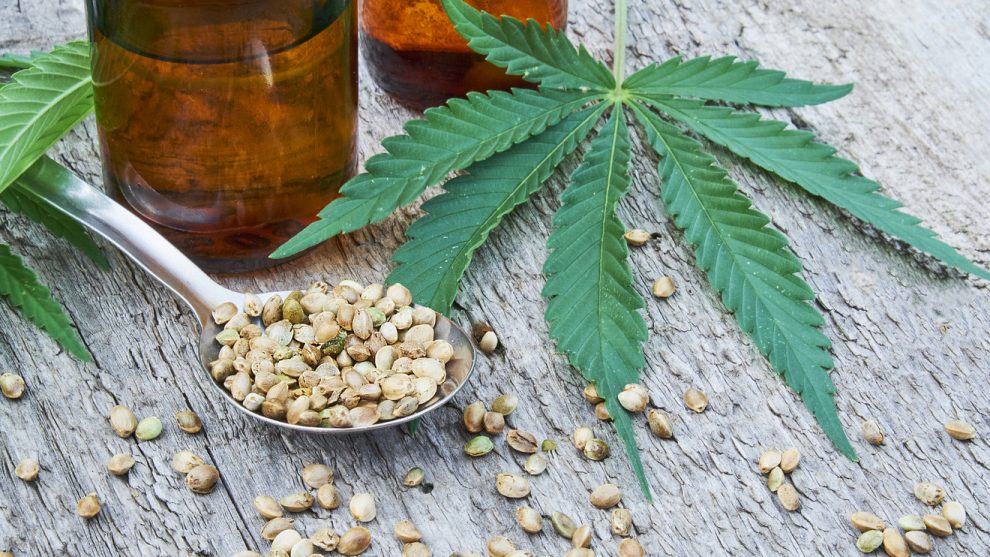
From gas to grass.
That is the pivot Highlands Natural Resources HNR, +5.29% , the London-listed oil and gas group, has taken as it announces the launch of its first retail brand of CBD-infused products in a bid to cash in on booming consumer demand for the organic hemp-derived oil.
Highlands’ first shipment of products, which will initially be hemp flower and CBD-infused pre-rolled smokables, is scheduled for the week of June 17. They will be available to consumers in 18 convenience and gas stores across Northern Colorado owned by Schrader Oil as well as the company’s new U.S. website www.thechillway.com, which will go live on June 14.
The launch of the Chill brand comes just one day after CV Sciences struck a deal to sell its CBD oil in 945 Kroger stores across 17 states, joining rival drugstore chains CVS and Walgreens, which in March announced its plans to stock CBD creams, patches and sprays in its 1,500 stores in several states.
Highland’s unexpected diversification from gas and oil into cannabis happened completely by accident. In mid-2018, the company discovered an organic nitrogen-hydrogen gas in Kansas, which one of its staff members tested as a potential fertilizer on a cannabis plant over a period of 90 days.
“The gas mixture supercharged the size of the cannabis plant, its height, root diameter and flower count by up to 30%,” said Nick Tulloch, a former managing director at Cantor Fitzgerald’s European corporate finance division, who was appointed finance director of Highland in April. “We also tested it on a range of vegetables including zucchini, beans and lettuce to see if they would germinate faster,” he added.
The results of the test led Highlands to raise £1.6 million in March in a share placing to create a new subsidiary called Zoetic Organics, which focused on growing the cannabis and turning it into CBD products. The 30% growth improvement was disclosed to investors at the time of the fundraising with documentary evidence and was verified by the company’s lawyers DAC Beachcroft.
Tulloch said he hoped to be able to bring the CBD products to the U.K. by the end of the year.
Shares in Highlands closed down by around 1% in London on Thursday, giving the company a market valuation of around £13.5m.
Read They’re over 60, selling marijuana — and say it’s ‘pretty damn cool’
The Chill brand of products will initially be sourced from a third party, ahead of Highlands’ own first crop of hemp plants—expected to be harvested later this summer. Outdoors, the company has 16 acres, which are being planted at a ratio of 2,500 per acre. It has also leased a 33,000 square foot greenhouse to grow plants for CBD production. Capacity is expected to reach 10,000 plants per season, which will yield more than 500 seeds and it says it can achieve three seasons a year.
“We want to grow our own hemp plants so that we have control over the raw material. Growing and manufacturing cannabis will become increasingly commoditized, the value will be in the CBD life cycle will be the quality of the seed,” Tulloch said.
CBD doesn’t contain THC—the psychoactive compound in the cannabis plant that gives people the high associated with recreational use—so it can be legally sold without a prescription and is being integrated into many consumer products. Highlands will be selling two distinct products: one comprised of hemp flower and the second a herbal smokable infused with CBD. It is the latter that is entirely THC free. The former will contain THC (as it is naturally occurring in hemp) but it will be within legal limits.
Read Marijuana companies really want to be considered health-care stocks
Tulloch said the company was now developing its own strains. “We want to grow our own hemp plants so that we have control over the raw material. Growing and manufacturing cannabis will become increasingly commoditized, the value will be in the CBD life cycle will be the quality of the seed,” Tulloch said.
Highlands doesn’t need FDA approval for its products. However, if it does eventually make claims about the benefits of CBD, such as for treating anxiety or pain relief, it would have to get full pharmaceutical approval, which can take years. “Like all other CBD sellers, we simply sell as it is and it is for the consumer to determine what benefits there may be,” Tulloch said.
At present, 100% of Highlands’ revenue comes from oil and gas. The company produces 2,700 barrels of oil a day from eight producing wells in East Denver, which the company says is enough cash to cover its 2019 overhead costs. Its combined gas production is around 4,000 million cubic feet a day.
“Given that oil wells are in long-term decline, I can see a time when the revenues from our CBD products exceed the revenues from oil and gas,” Tulloch said.











